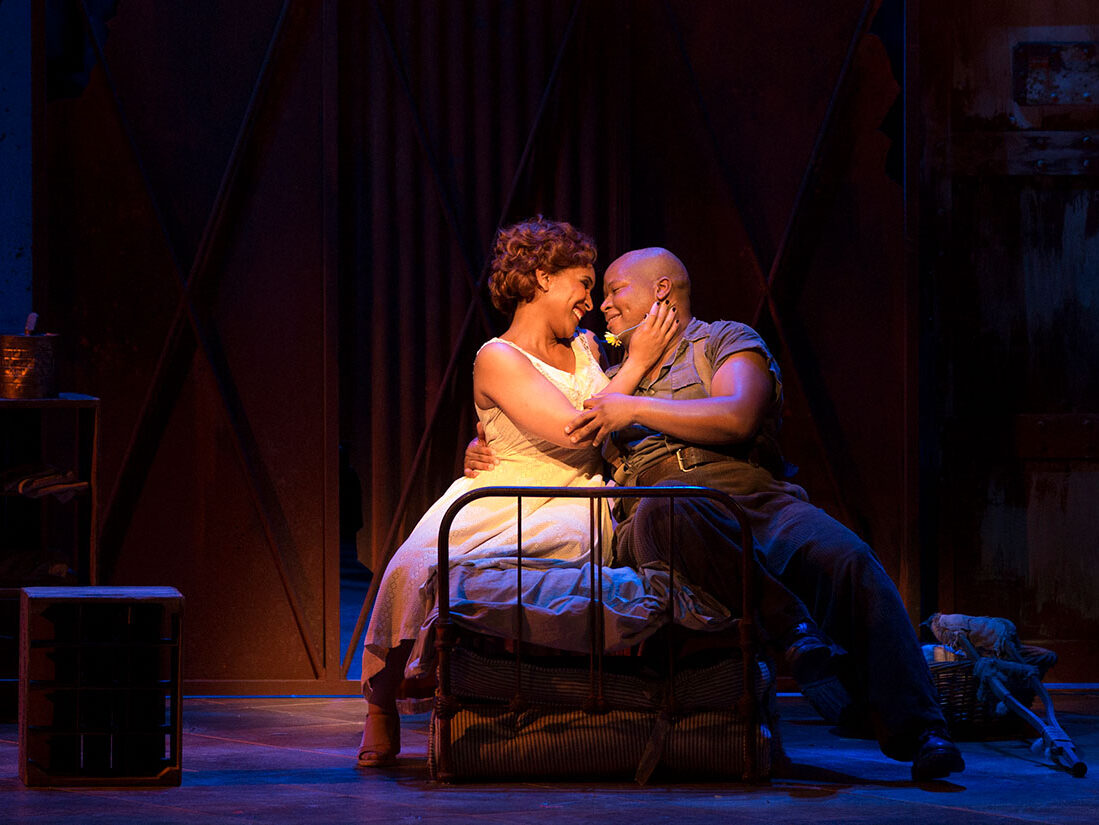Little did Anita Koul know that her side hustle creating an online marketplace to help artisans from developing countries sell their wares would turn into a business making bespoke aprons for restaurants around KC.
Koul, a native of India, moved to the Kansas City area nearly ten years ago after getting a master’s in public administration at Columbia University in New York. In 2019, Koul was working at Sprint (now T-Mobile) when she started her online global marketplace business. Soon, the pandemic put unforeseen strains on shipping and international business, so Koul adapted her business model. She first began making handmade masks, and for every mask purchased, she donated one to a hospital. Later, as the demand for masks subsided, she once again adapted and began producing high-quality, locally made bespoke aprons for KC-area restaurants, and her business Kufukaa, a Swahili word that means “evolving,” was born.
Now a successful model of eco-friendly and sustainable business practices that employ refugees, Kufukaa aprons can be seen on staff at some of KC’s favorite restaurants like Fox & Pearl and The Antler Room.
How did you pivot to making aprons for Kufukaa? [Refugee Employment Services of Catholic Charities of Northeast Kansas] trains immigrants and helps them to find employment. I recruited two people from that organization, Kyi Kyi and Than from Burma. I started Kufukaa as a sustainable brand focused only on [employing] refugee immigrants. They said, “What’s next? Do you think we can keep making masks?” But we love cooking at my place, and I started wearing an apron, and I was like, “This apron is not good. I want to create something good and local.”
Tell us about the aprons that you make. I said, “We should create something different where people will actually love to wear the apron, not just as something which can keep their clothes clean.” It can be for gardening, garage work, artists who work with paint—we make custom aprons for different body shapes and heights.
What’s the mission of Kufukaa? The goal and mission from day one is to be sustainable, eco-friendly, support local business and empower refugee immigrants. I also do not want to buy fabric from China or India because of the carbon footprint to get fabric from those countries. What kind of process are [others] using to make that fabric, how much water are they using? And if that fabric is durable, if it will sustain—for how many washes? For me, sustainability is to be local and reduce [our] carbon footprint and to support local business. Our aprons will sustain for 10 years, which means that you’re not buying more and more stuff.





